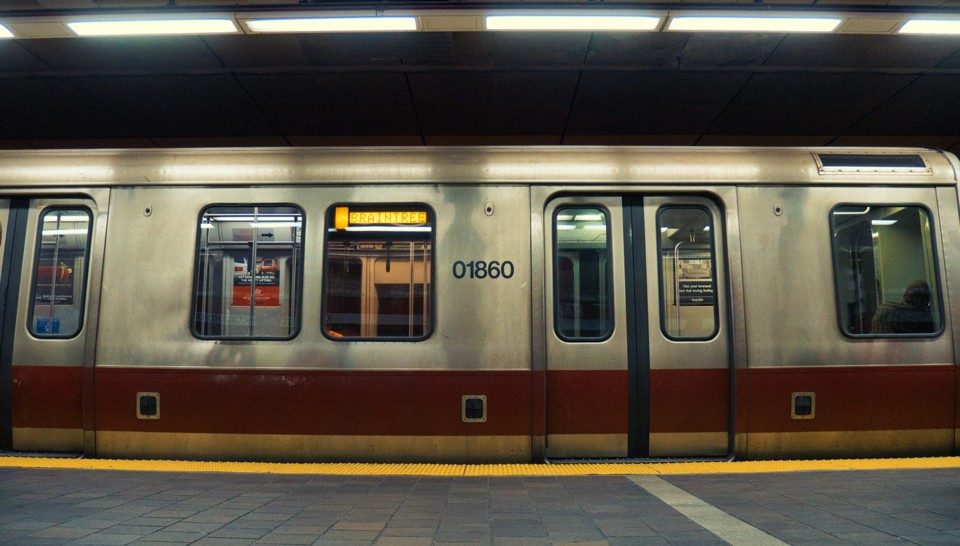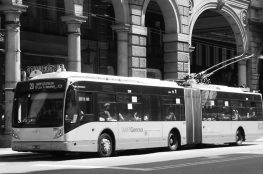The Massachusetts Bay Transportation Authority (MBTA) has issued 85 warnings to riders caught evading fares in the first six weeks of its renewed enforcement program, launched on September 8. While no fines have yet been imposed, the agency says the initiative is an important step toward improving compliance and sustaining Boston’s transit system.
Under the new rules, riders receive one warning before fines apply — $50 for each of the next three offenses and $100 for subsequent violations. Fare Engagement Representatives, trained to check fare compliance and assist passengers, are now deployed at select subway stations and will expand to buses and light rail lines in the coming months.
“We’re pleased to report the public has warmly received the Fare Engagement Representative team,” said MBTA spokesperson Maya Bingaman. “We thank all riders for paying their fares.”
The program follows nearly a year of community outreach, during which staff educated passengers about fare payment, raising compliance by 35% at targeted stations within weeks of their introduction last October. MBTA General Manager Phillip Eng said the initiative is about both responsibility and equity.
“To sustain the MBTA system, we owe it to our riders and the public at large to do our part and collect all appropriate fare revenue,” MBTA General Manager Phillip Eng said in August. “It’s about a responsibility we have and fairness for all.”
At a national transit conference held in Boston last September, Federal Transit Administrator Marc Molinaro called on agencies nationwide to take a tougher stance on fare evasion, harassment, and assaults, warning that such behavior can escalate into more serious crimes. U.S. Transportation Secretary Sean Duffy also cautioned that federal funding could be at risk for transit systems following recent assaults against riders.
“If you don’t feel safe, nothing else matters,” Molinaro said. “Assaults, robberies, open drug use, violent crimes on transit systems, fare evasion — none of it can be normalized.”
The MBTA emphasized that enforcement is designed to be “fair, equitable, and non-discriminatory.” Fare staff receive training in bias awareness, cultural intelligence, de-escalation, and customer service, and are assigned based on ridership patterns rather than geography to avoid disproportionate enforcement. So far, no cases have required police involvement.
Alongside stricter enforcement, the MBTA continues to expand reduced-fare programs offering up to 50% discounts for seniors, people with disabilities, students, and low-income riders enrolled in programs such as MassHealth or the Department of Transitional Assistance. Bus routes 23, 28, and 29 also remain fare-free under a city-funded pilot promoting equity and accessibility.
The agency says it aims to balance enforcement with affordability and fairness — ensuring every passenger contributes to a reliable and sustainable transit network.
To read the full new, click here: https://www.masslive.com/boston/2025/10/mbta-fare-evasion-crackdown-heres-how-many-people-were-caught-in-the-first-6-weeks.html



